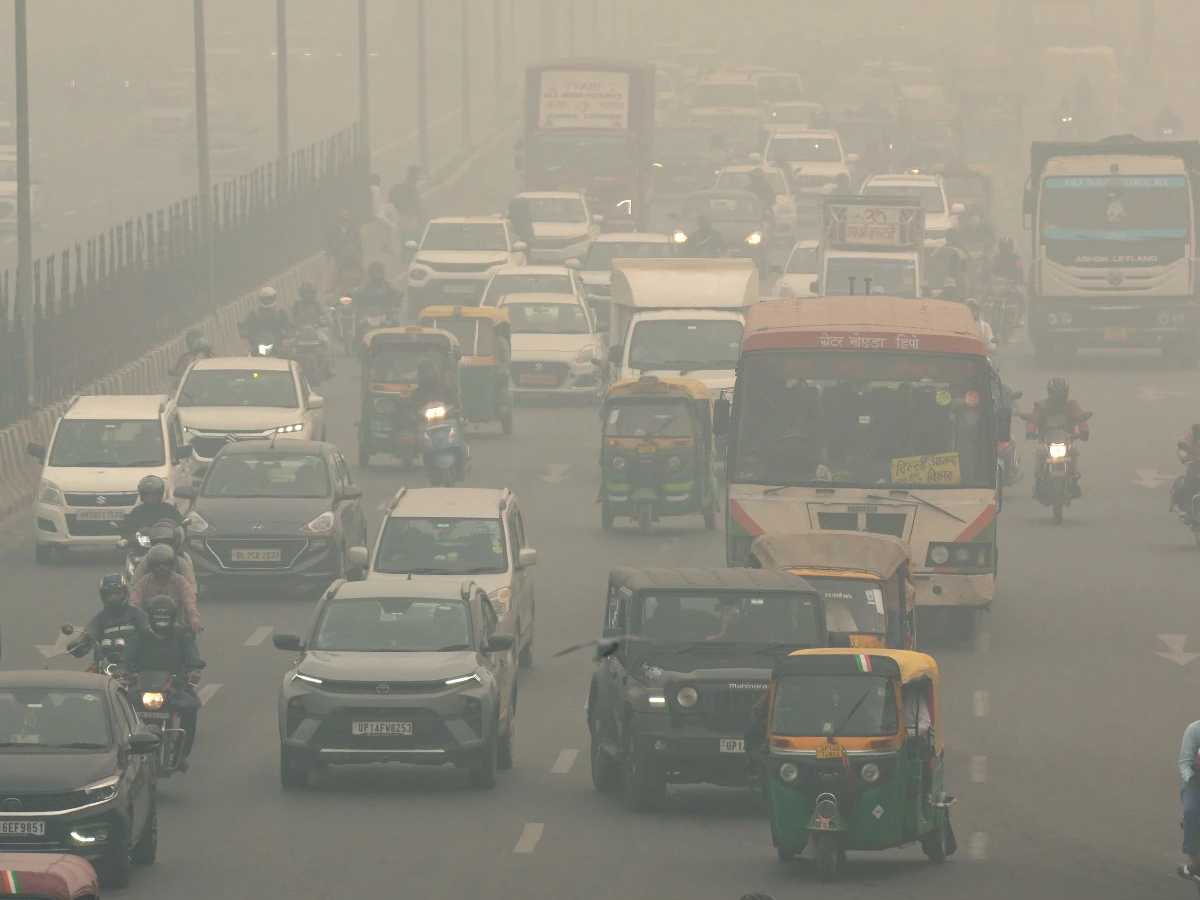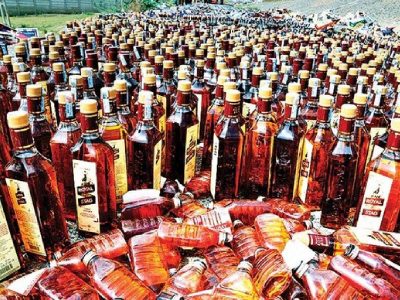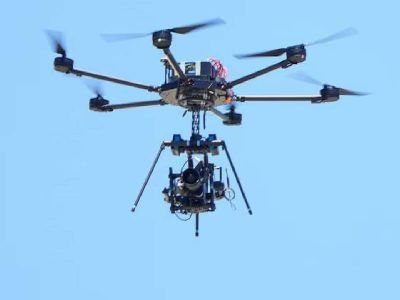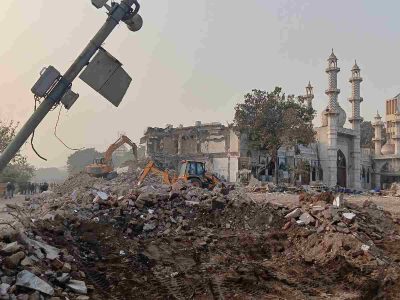After a week of “severe” pollution levels in Delhi, the city’s air quality improved slightly but still remained “very poor”, as it recorded the season’s lowest temperature on Thursday morning.
Delhi recorded a minimum temperature of 10.2 degree Celsius, 2.1 notch below the season’s average, the India Meteorological Department said.
Also read: Delhi’s air pollution is taking a toll on the health of pregnant women
At 9 am, the national capital recorded an AQI of 376, according to the Central Pollution Control Board (CPCB). The weather department has predicted shallow fog during the day.
On Sunday, Delhi’s air quality was recorded in the severe category, prompting authorities to impose the GRAP-IV measures. On Monday and Tuesday, it worsened further, reaching the severe plus category, with the AQI exceeding 450.
By Wednesday, the AQI showed slight improvement but remained in the severe category.
An AQI between zero and 50 is considered “good”, 51 and 100 “satisfactory”, 101 and 200 “moderate”, 201 and 300 “poor”, 301 and 400 “very poor”, and 401 and 500 “severe”.
The IMD said the city’s maximum temperature is likely to settle around 27 degrees Celsius. The humidity at 8.30 am was 80 per cent.
Also read: Delhi’s Toxic Air: 1 in 3 children suffer from respiratory illness, nebulizer sales soar amid crisis
Meanwhile, on Wednesday, Delhi experienced another morning shrouded in toxic air, with the Air Quality Index (AQI) reaching a “severe” level of 426. This came after the city recorded its coldest night of the season, with the temperature dropping to 11.1°C, as per the India Meteorological Department (IMD).
According to the CPCB, the AQI reading at 9 am on Wednesday confirmed hazardous conditions. An AQI of 400 or higher is deemed “severe,” posing health risks to both healthy individuals and those with medical conditions. Of the 38 monitoring stations in Delhi, all but one showed “severe” air quality, with Lodhi Road being in the “very poor” category.
The city’s air quality first crossed into the “severe plus” category on Sunday, prompting the implementation of Stage IV restrictions under the Graded Response Action Plan (GRAP) from Monday. Measures include a ban on construction and demolition activities and the suspension of physical classes in schools.





